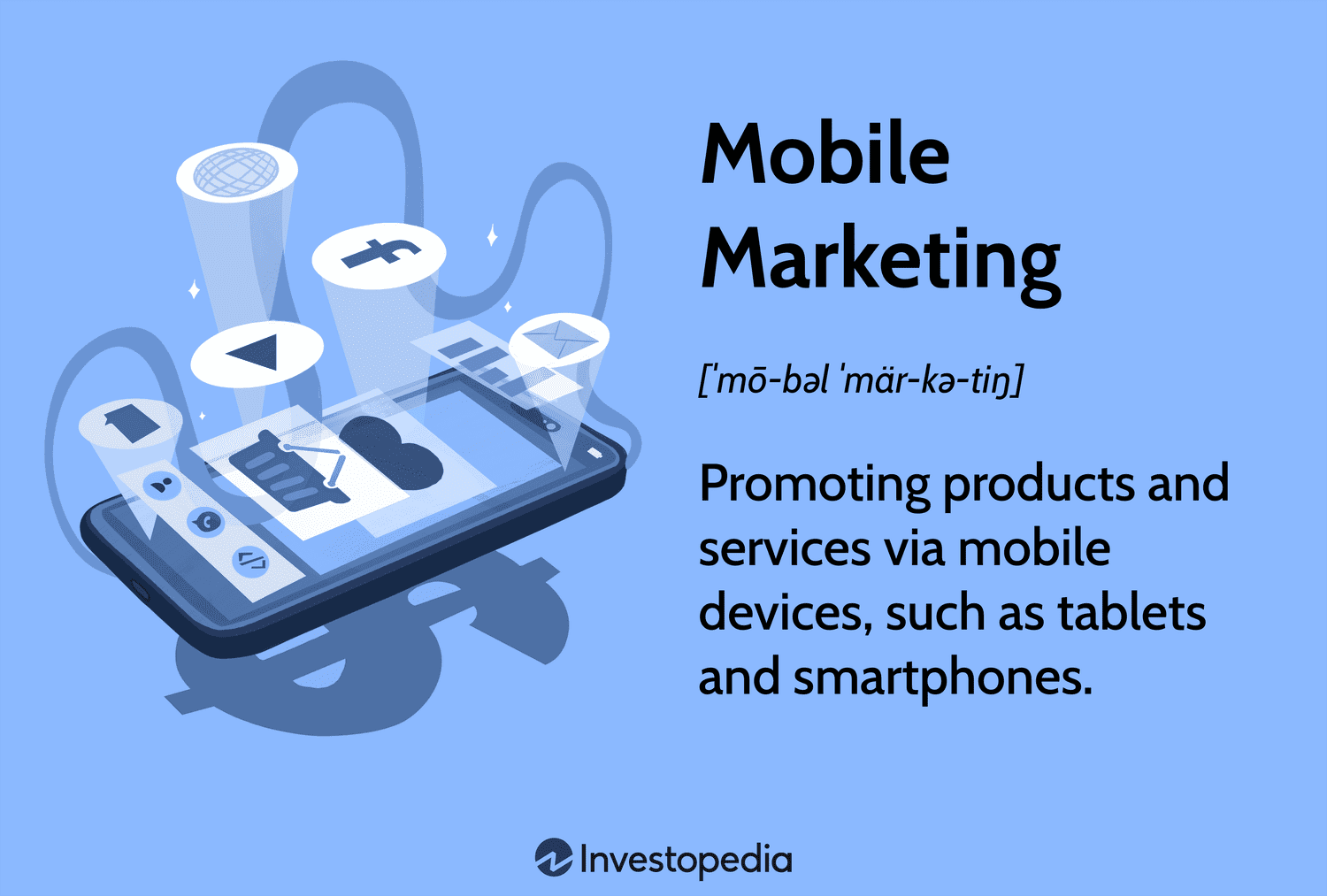Unlocking the Power of Mobile Marketing: Strategies for Success
In today’s digital era, mobile marketing has emerged as one of the most powerful tools for businesses to connect with their audience. With billions of people relying on smartphones for communication, shopping, and entertainment, mobile marketing offers unparalleled opportunities to reach consumers directly and effectively. Let’s explore what mobile marketing entails, its benefits, and strategies to make it work.
What is Mobile Marketing?
Mobile marketing refers to any promotional activity designed to reach customers through their mobile devices. This includes smartphones, tablets, and other handheld gadgets. The strategies encompass a wide range of channels, including SMS, MMS, email, social media, mobile apps, push notifications, and in-app advertising.
As people spend an increasing amount of time on mobile devices, businesses can tailor their marketing campaigns to create personalized and engaging experiences.
The Benefits of Mobile Marketing
- Wider Reach: With over 6 billion smartphone users worldwide, mobile marketing provides access to a vast audience.
- Immediate Engagement: Mobile notifications and SMS messages deliver instant results, often achieving higher open rates compared to traditional emails.
- Personalization: Mobile marketing allows businesses to leverage user data to create customized content based on location, behavior, and preferences.
- Cost-Effectiveness: Compared to traditional marketing methods, mobile campaigns can be more budget-friendly while achieving better returns on investment (ROI).
- Multichannel Integration: Mobile marketing seamlessly integrates with social media, email, and content marketing efforts, amplifying the impact of campaigns.
Effective Mobile Marketing Strategies
To harness the full potential of mobile marketing, businesses must implement well-thought-out strategies:
- Optimize for Mobile: A mobile-friendly website is non-negotiable. Ensure your site loads quickly, is easy to navigate, and offers a seamless user experience.
- Leverage SMS Marketing: SMS campaigns boast high open and engagement rates. Use concise, actionable messages to drive customer responses.
- Create Mobile Apps: An engaging and user-friendly app can build customer loyalty and provide a direct platform for promotions and interactions.
- Use Push Notifications Wisely: Keep your audience updated about offers, reminders, and news, but avoid overloading them with excessive notifications.
- Embrace Location-Based Marketing: Geotargeting enables you to send personalized offers to customers based on their current location, enhancing relevance and engagement.
- Adopt Social Media Marketing: Platforms like Instagram, TikTok, and Facebook are mobile-dominant. Create visually appealing and shareable content tailored for these platforms.
- Invest in Mobile Ads: Utilize mobile-specific ad formats like banner ads, interstitial ads, and video ads to captivate your audience.
- Measure and Analyze Performance: Use analytics tools to track campaign performance, gather insights, and optimize future strategies.
The Future of Mobile Marketing
As technology evolves, so will mobile marketing. Emerging trends such as artificial intelligence, augmented reality, and 5G technology promise to enhance customer experiences further. Businesses that adopt these innovations early will gain a competitive edge.
Conclusion
Mobile marketing is no longer optional; it is an essential component of modern business strategies. By embracing its vast potential, businesses can forge deeper connections with their audience, drive engagement, and boost sales. Success lies in understanding the target audience, leveraging the right channels, and continuously refining campaigns for optimal results. In a world that thrives on connectivity, mobile marketing is the key to unlocking endless possibilities.


Comments
Post a Comment